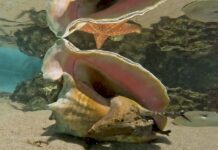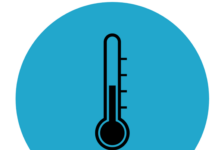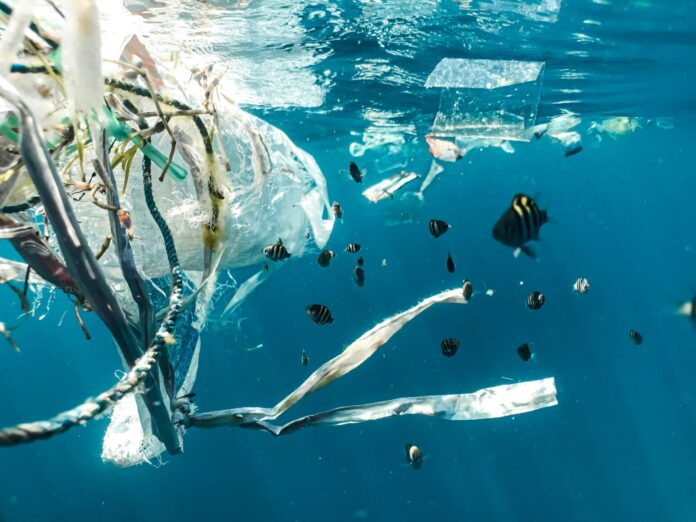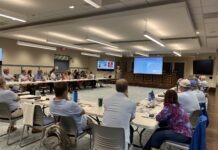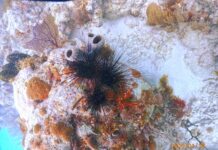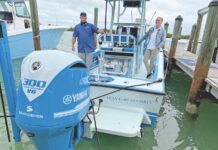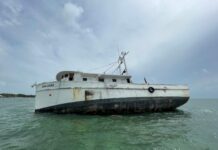As the Florida Keys gear up for water activities, lobster mini-season and fishing seasons, we must pause and consider a pressing issue: the alarming presence of plastics in our waterways.
Items improperly disposed of on land can be carried into the ocean by wind, canals and stormwater runoff. Improper methods of disposal include littering, dumping and poor waste management. Debris from maritime activities such as shipping, fishing and offshore drilling can directly enter the ocean, adding to the urgent issue of marine pollution. This includes discarded fishing gear and cargo lost overboard.
Marine debris can damage habitats such as coral reefs and seagrass beds. It can also transport invasive species, disrupting local ecosystems. Animals can become entangled in debris or ingest it, leading to injuries, starvation and death. Birds, fish, Key deer and marine mammals are particularly vulnerable.
Debris can affect human health through seafood contamination. Economically, it affects tourism and fishing industries due to polluted beaches and damaged fishing gear.
Plastics in marine debris
Plastics make up a significant portion of marine debris due to their durability, light weight and high production volume. They can take hundreds of years to decompose.
Macroplastics are larger items like bottles, bags and fishing nets. Microplastics are small plastic particles less than 5 millimeters, including microbeads from personal care products, plastic pellets from manufacturing and fragments from larger plastic debris.
Plastics can leach harmful chemicals into the water, affecting marine life and potentially entering the food chain. Plastics ingested by wildlife can cause physical harm, blockages and exposure to toxic substances. Entanglement can lead to injury and death. Microplastics have been found in seafood and drinking water, raising concerns about their effects on human health.
Prevention and reduction
Implementing bans on single-use plastics, enforcing stricter regulations on waste management, and promoting producer responsibility can reduce the amount of plastic entering the oceans. Developing biodegradable materials and promoting alternatives can decrease dependence on plastic products.
As a responsible consumer, you have the power to make a difference. By increasing your awareness of plastic pollution and making conscious choices, you can significantly reduce plastic waste. Every small step counts in this collective effort.
Cleanup and mitigation
Organizing and participating in beach cleanup activities can help remove existing debris and prevent it from entering the ocean.
Developing technologies for better waste collection and processing and innovative solutions like ocean cleanup devices can help manage and reduce marine debris. Collaborative efforts among countries, organizations and communities are essential for addressing marine debris globally.
Addressing marine debris and plastic pollution requires a comprehensive approach that includes prevention, reduction and cleanup efforts. Through policy changes, technological innovation and increased public awareness, significant progress can be made in protecting the marine environment and preserving its health for future generations. As you pack for the day on the water or at the beach, take the time to inventory the plastics you use, especially single-use plastics. Be mindful of your materials and choose a reusable alternative when possible. Prepare to pack your trash, secure it from the wind, and collect some while you are out.
Upcoming Recycling events
- Food waste and compost workshop on Saturday, June 29 at 11 a.m. at Key West children’s library.
- Food waste and compost workshop on July 23 at 5:30 p.m. at Coral Isles Church, Tavernier.
- Recycling forum on July 26 from 11 a.m. to 1 p.m. at Big Pine Key Community Center.





